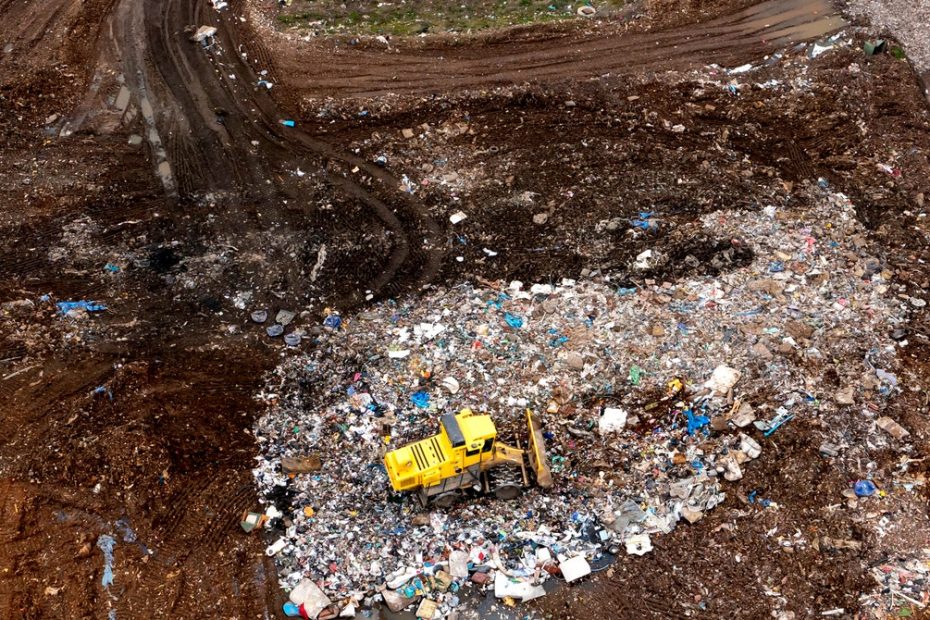A British judge ruled against a man who wants to dig out a landfill where he says a hard drive containing access to thousands of bitcoins was accidentally dumped more than eleven years ago.
Since 2013, James Howells has been hoping to recover a laptop hard drive that he says contains the private key to cryptocurrency he says he mined in 2009. Ars wrote about it at the time, noting that the value of a bitcoin had just passed $1,000. , which yields 7,500 bitcoins worth $7.5 million.
The alleged number of bitcoins has changed slightly, with Howells now saying he has lost 8,000 bitcoins. The bitcoin price surpassed $100,000 last month and reached $95,636 last Friday, or $765 million for 8,000 bitcoins.
Supreme Court Judge Keyser KC ruled last week and sided with the defendant Howells v Newport City Council. Howells has no realistic chance of success at trial, the judge ruled. Howells sought “an order that the defendant either deliver the hard drive, or allow his team of experts to excavate the dump to find it, and (in lieu) damages equal to the value of the Bitcoin to which he no longer has access has. ”
The landfill authority owns the waste
The council said excavating the landfill could release harmful substances into the environment, leaving residents at “potentially serious risks that would lead to public health and environmental problems,” according to the ruling.
The judge found no “reasonable grounds for bringing this case”, saying there is “no realistic prospect of success if the case were to go to trial, and that there is no other compelling reason why the case should not proceed to trial.” need to be dealt with.” He granted summary proceedings to the suspect and rejected the claim.
The ruling quotes the Control of Pollution Act 1974, which states that “anything handed over to the authority by any other person in the course of the use of the facilities shall become the property of the authority and may be dealt with accordingly.” Howells “argued that section 14(6)(c) merely says that anything so delivered shall be the property of the authority, but does not say that it shall cease to be the property of the former owner,” the ruling said. The judge disagreed, writing that “the words 'shall belong to the authority' are unqualified and unlimited.”
The judge found no reason to determine that the defendant who retained the hard drive was “unconscionable” under the law. “In my view, there would be no realistic prospect of a finding that the defendant's retention of the hard drive was unconscionable. The suspect did not hold it for profit or because he wanted to. It kept it because it was in a landfill,” the ruling said.
Limitation period
The claim is also barred by the six-year limitation period, because Howells “was aware of the facts relevant to his claim in November 2013, but did not commence proceedings until May 2024,” the ruling said.
The judge did not have to rule on whether the hard drive actually provides access to bitcoin, saying that “the only relevant issues in this case concern the ownership of and rights to access the hard drive.” Howells sought access to the landfill in Newport, Wales, starting in November 2013, but local officials refused. He says the hard drive is 2½ inches in size and has a wallet.dat file containing a private key that allows access to the bitcoin.
The council said excavations would breach the terms of the NRW (Natural Resources Body for Wales) licence, cause health and safety risks to staff, cause damage from ground movement during or after excavation work, and prevent the municipality would “redundant”.[ing] its legal waste disposal is functioning while the site is being excavated.”

